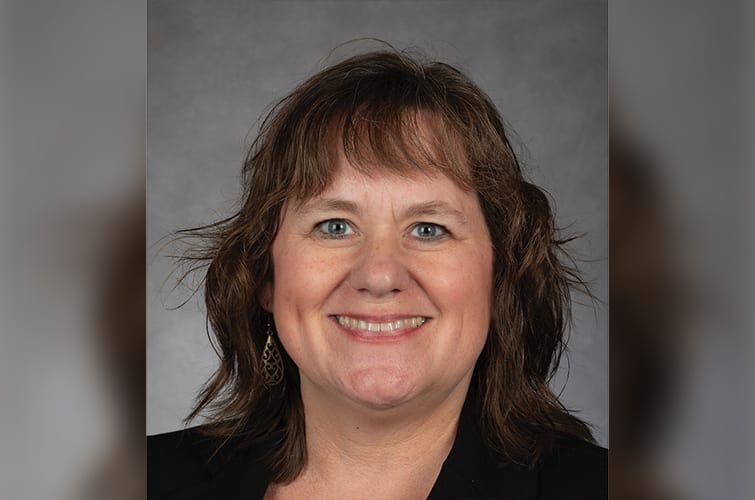
When it comes to developing future leaders and aspiring directors, Maureen McGonagle said you must start with a foundation of trust.
As the director of Campus Recreation of CENTERS LLC, at DePaul University, McGonagle has not only seen her fair share of aspiring directors, but she has in fact created an annual, two-day workshop hosted in Chicago. “It is a workshop targeted at those who have at least seven years of experience who are interested in moving into a director position,” she said.
Beyond workshops and professional development, she noted the power of mentorships, and being a mentor who will communicate honestly and directly with the mentee is key. “If you commit to mentoring someone, do it well,” said McGonagle. “Create an environment where staff are both challenged and supported. Give staff as much autonomy as possible.”
Eric Nickel, the director of University Recreation at James Madison University, said when someone voices their interest in becoming a director, he looks for opportunities to help them develop competencies in an area that isn’t their strongest. He also meets with his full-time staff on a yearly basis to discuss their life plan and career aspirations. “I try to encourage people to create their own path and help them gain a vision for how they may get there,” he said. “I think one of the roles of a good director is to identify and develop talented people, and to be observant of all levels of their organizations.”

One thing he noted as essential to teach any aspiring director is to help them understand the “why” behind decisions. They can then take that understanding and apply the principles involved to other challenges down the road. “So, I might check with them after meetings to see what they are thinking, and process some of the ‘why’ and how we arrived at it,” said Nickel.
The most effective approach in developing leaders is to allow them to learn through doing. McGonagle said you need to assess where their knowledge gaps are and then look for learning opportunities to give them. This means evaluating if there is a new project, responsibility or leadership experience a staff member could take on.
“Department leaders need to be creative in giving opportunities; sometimes we’re hampered by the reporting structures, but sometimes we just need to be more creative,” she said.
In terms of what tools or resources Nickel and McGonagle suggest for aspiring directors, there were several: ask your mentor for help expanding your network; join a professional/trade association or list serve; reach out to peers; and ask people you admire for advice, from looking over your resume to book recommendations to being your mentor.
The truth is, neither the mentor nor mentee is fully responsible for the future leader’s development. As such, McGonagle said aspiring directors need to be proactive about their own development and future. “Directors definitely need to create a culture that supports and encourages learning and professional development, but staff can’t wait for it to happen to them,” she said. “They need to take the driver’s seat. You can’t control when opportunities become available, but you are responsible for being prepared when they do.”

Nickel also noted the best way to get started on a leadership journey is by first knowing yourself, your skills and your abilities. Self-awareness is the foundation from which an aspiring leader needs to build.
McGonagle said asking yourself questions like, “How do my colleagues see me?” or “Does everyone assume I’ll be promoted soon? If they don’t assume that, then why not?” can be powerful self-reflection. Plus, aspiring directors need to focus on demonstrating integrity, innovation, strategic thinking, leadership and initiative.
And it’s treating every single day like a job interview. “Don’t wait until a position is posted to start acting like a director,” she said. “You can’t expect to earn a promotion based on your performance during a two-day campus interview, and no one owes you a chance for promotion based on your seniority … Past behavior is the best indicator of future performance. If you want to be seen as someone who can be strategic and collaborative as a director, you need to be strategic and collaborative now.”
All in all, every future leader’s development is going to be different. So, whether you are the mentor or mentee, it all begins with listening. Listen for goals and what someone is aspiring to; that is a cornerstone of the foundation of trust you must start with.
“Any mentoring relationship is going to be most effective when there is a foundation of trust: if your staff member believes you truly want to help them, that you will communicate honestly and directly with them, and that you will be proactive in looking for ways to help them develop and grow,” said McGonagle.










